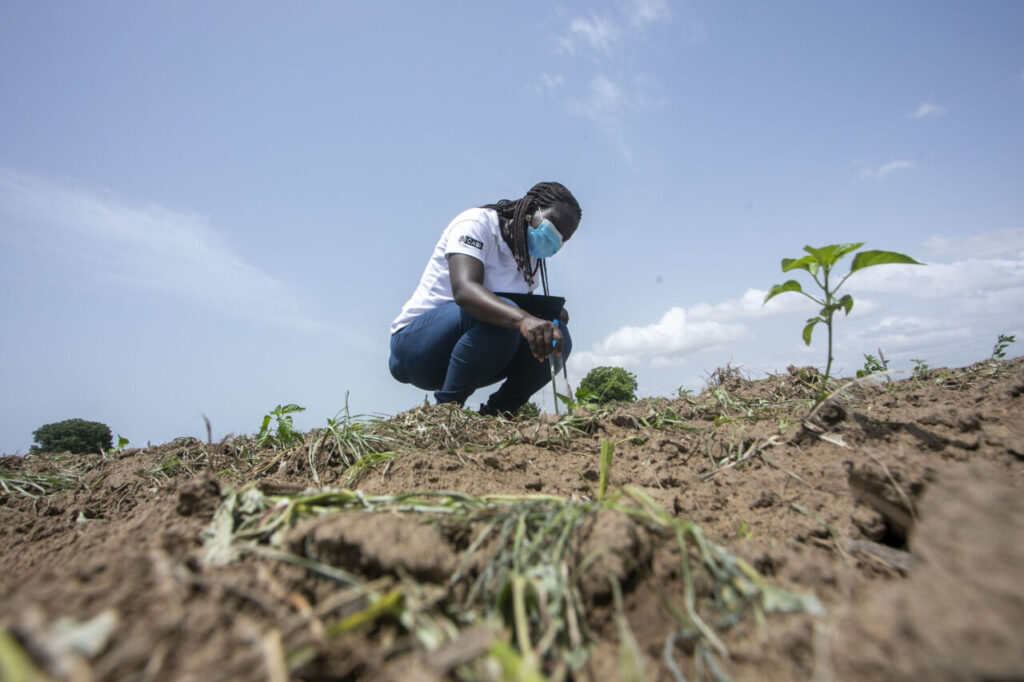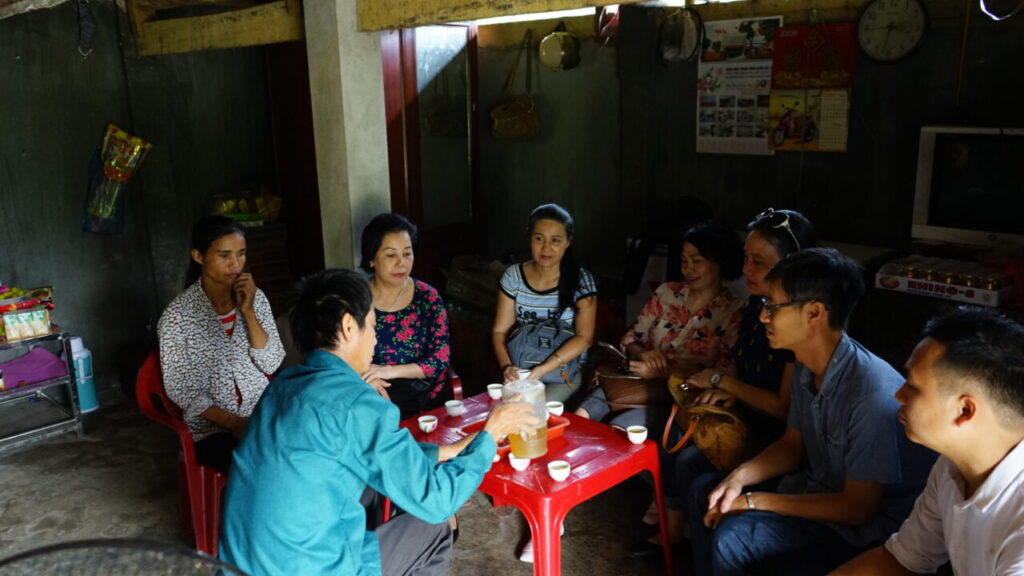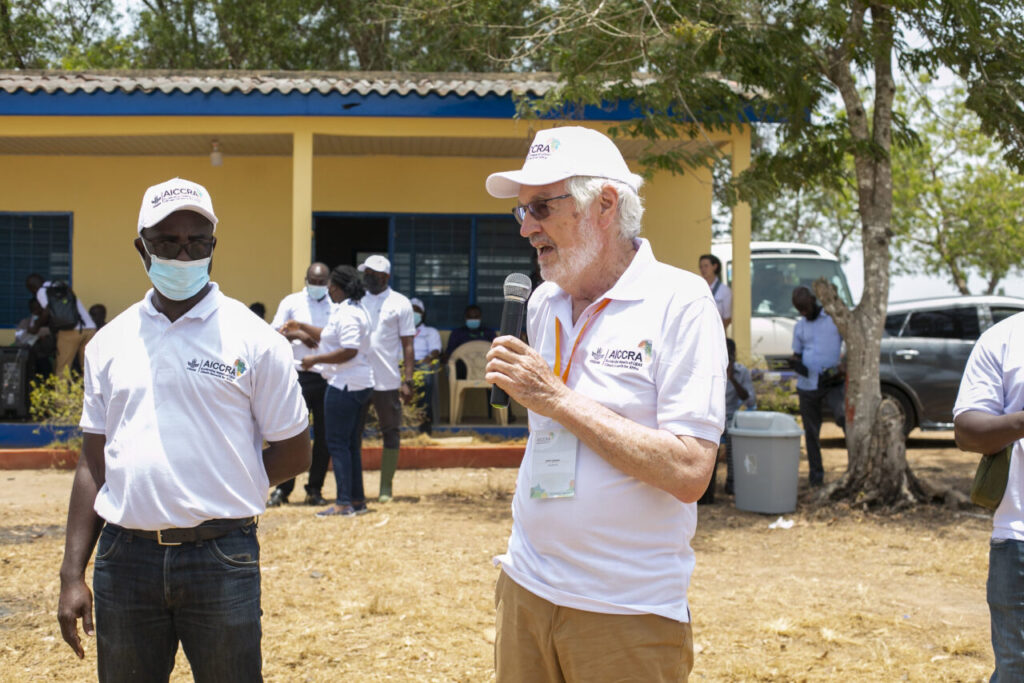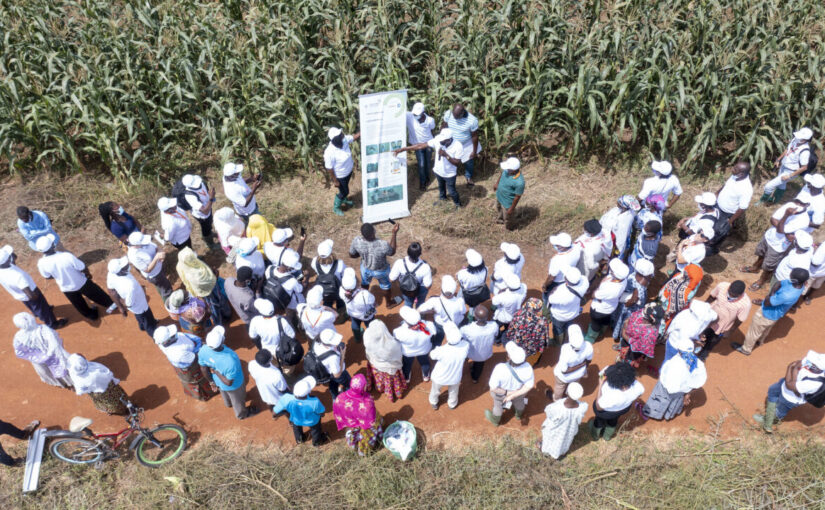This is the first blog arising from work on IGDC’s Decolonising Research podcast series. This post discusses the colonial character of established research practices and explains why they should be decolonised. It provides background to the IGDC’s Decolonising Research podcast.
In Decolonizing Methodologies, Linda Tuhiwai Smith called research ‘one of the dirtiest words in the Indigenous world’s vocabulary’ because it has long been associated with empire-building and colonialism.
During imperialism, European metropoles sent anthropologists along with linguists, geographers, historians and social scientists to study the cultures and practices of colonised peoples. Their conclusions provided pseudo-scientific and ideological justification for colonial rule, often in the name of civility, efficiency, and modernity. Indigenous customs and traditions were contrasted with European practices and found backward, uncivilised, and wasteful.
Similarly, traditional beliefs were seen as transgressive and even dangerous, while the European “scientific process” was posited as the only legitimate way of perceiving and understanding the world. In a process Sabelo Ndlovu-Gatsheni has labelled “epistemicide”, non-European knowledges were eradicated through methods such as re-educating children, banning indigenous languages or religions, and killing traditional intellectual leaders.

Smith’s 1999 critique contributed to a long-standing and ongoing challenge to European research practice. Throughout empire, colonised communities resisted exploitation or suppression of their knowledge and rejected the claimed superiority of European modes of thought. At the same time, indigenous groups worked to preserve traditional knowledge, sometimes through covert oral traditions and sometimes by capitalising on imported European methods.
Criticism of European research found new articulation in the 1960s and 1970s with scholars like Frantz Fanon and Edward Said exploring orthodox academic practice and discourse as instruments of colonial and post-colonial control.
More recently, the 2015 Rhodes Must Fall (RMF) movement drew renewed attention to anti-colonialism in higher education. Originating in the University of Cape Town, RMF became a globalised movement reappraising the norms and practices of university education. It challenged Eurocentric curricula which amplified and normalised European and North American narratives whilst exoticising, romanticising, or marginalising the colonised. The movement snowballed into a wholesale review of how universities and other research centres operate, ranging from protests against the normalisation of European epistemology to demands for institutions to materially account for their role in colonialism.

Research and Neocolonialism
RMF re-iterated that higher education and research continue to be imbued with colonialism and colonial dynamics, even in a supposedly “postcolonial” era.
Even in the field of development studies, it is widely presumed that academic research must take place within an intellectual paradigm of European epistemology and empiricism. As Comaroff and Comaroff assert, the European Enlightenment long posited itself “as the wellspring of universal learning”. Only “scientific” methods, narrowly defined, have been seen as legitimate tools for accessing and interpreting worthwhile information. Other forms of knowledge or modes of understanding have been excluded from research or treated with scepticism, included as supplementary to the “real” analysis.
Working within this Eurocentric paradigm, typical development research practices reinforce colonial dynamics between the Global North (where most research is commissioned) and the Global South (where much research takes place). This begins with project conception when Global North researchers claim an exclusive ability to identify, investigate, and resolve problems facing the Global South – an approach called “the saviour dynamic”.
Such projects are often described by Global South partners as “research about us without us” and they replicate the colonial trope of a European researcher “parachuting” into the field then disappearing, taking valuable knowledge resources back to the metropole. Emmanuel Tsekleves and others have likened this way of operating to a mosquito – something that arrives unwelcomed, takes what it needs from its hosts, then flies away, leaving only irritation and sometimes damage.
For many, such extraction can constitute “knowledge theft”. In the words of Pairebeenne Trawlwoolway scholar Lauren Tynan, “Through research, peoples’ knowledges and lives become data, published and owned by researchers.” And as Opaskwayak Cree scholar Shawn Wilson explains, “communicating or describing knowledge does not mean it belongs to the communicator”. Rather, it has been plundered through colonial relations like any other stolen resource, with all benefits directed to the Global North.

Why decolonise research?
Colonial dynamics are deeply damaging and require redress for a number of social, cultural, and moral reasons:
- Established research practices and “epistemic injustice” perpetuate colonial dynamics and work to maintain neocolonialism. As Ndlovu-Gatsheni argues, “epistemic freedom” is a necessary precursor to true political and cultural freedom.
- Established research practices are exclusionary because they preclude the participation of people who do not subscribe to or are not versed in Eurocentric norms and attitudes. This maintains a dichotomy between “the West and the Rest” along with structures of “othering” that have still not been satisfactorily addressed despite decades of theoretical work, from Edward Said to Stuart Hall.
- Their long-standing authority over what is and is not classed as valuable research has given Global North institutions a monopoly over research processes. They have privileged access to funds and funding institutions, favourable arrangements with publishers, and attract the most qualified researchers, generating a self-aggrandising feedback-loop. Meanwhile, new institutions championing decolonial and non-Eurocentric approaches struggle to break through and the Global South experiences a “brain drain” when researchers pursue opportunities in northern institutions.
There are also significant academic reasons why research should be decolonised:
- Exclusive reliance on Eurocentric epistemology blinds researchers to aspects of human experience which could make valuable contributions to knowledge.
- The focus on “filling gaps” in academic understanding does not incentivise local impact-generation, meaning Global South partners and communities often see little benefit from research.
- Failure to engage with local knowledge or cultures means research outputs are not recognised, understood, or valued by the community which they concern, further limiting its local impact and utility.
- Previous movements to challenge, restructure, and reorient research (such as the Cultural Turn or feminist critique) have led to valuable discoveries across disciplines. Decolonising research could have similar as yet unknown advantages.
- A more inclusive research paradigm welcomes greater input from more voices and diverse perspectives, driving academic competition and creativity.

The challenges to decolonising research are substantial. Decolonising means going against generations of established practice and unlearning ideas taught as unquestionable truths since the Enlightenment. It also involves reorganisation of the structures that perpetuate colonial research, including in university hierarchies and funding organisations. Decolonising may also provoke backlash from those who do not endorse it, including people from the Global South.
But the scale of the challenge is proportionate to the importance of the work. Decolonising development research is part of the ongoing wider anti-colonial struggle. WIthout it, damaging and divisive colonial dynamics will persist and post-colonial equality and justice will remain unreachable. It is incumbent on researchers to do their part in this continuing battle by liberating “reason itself from coloniality”.

